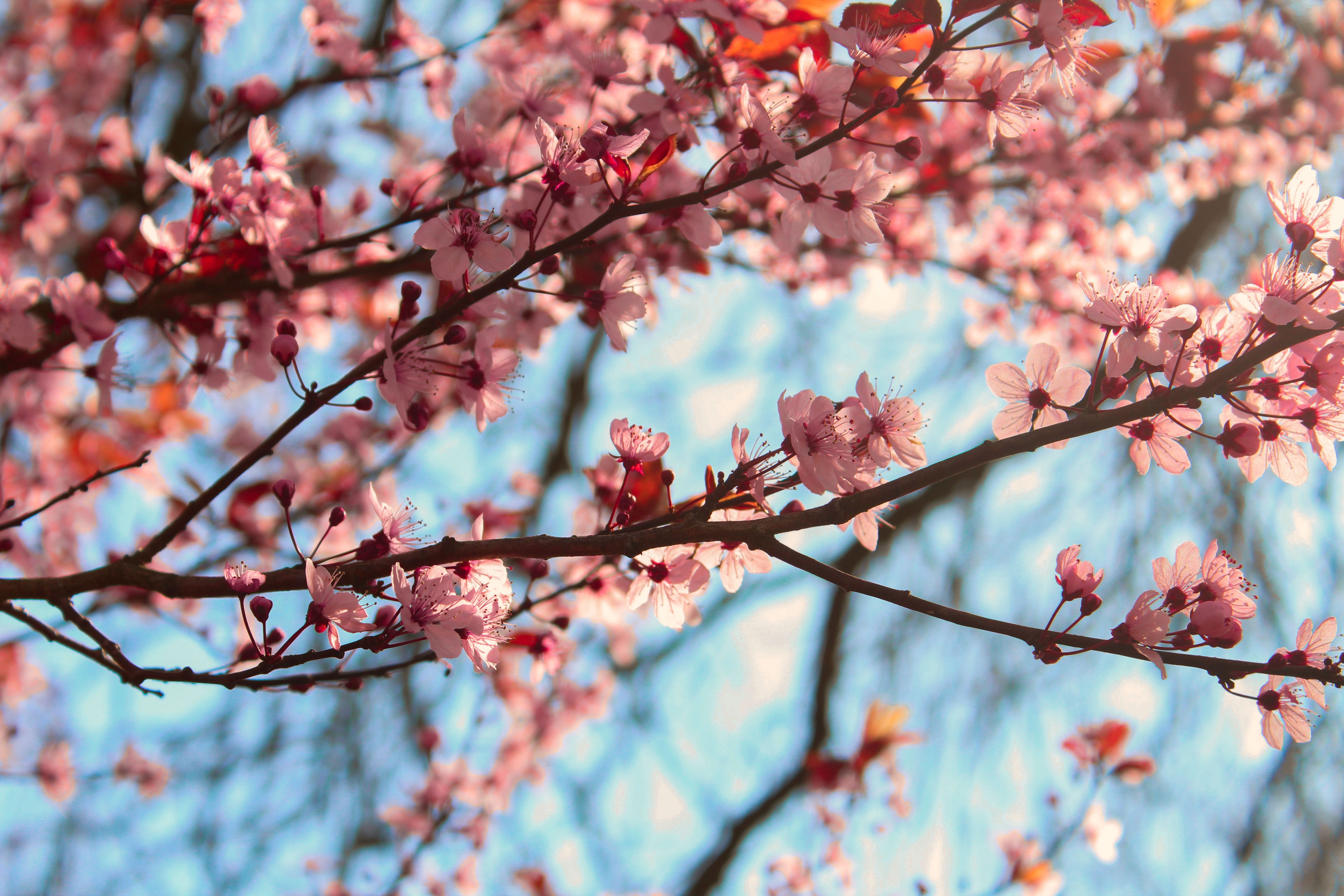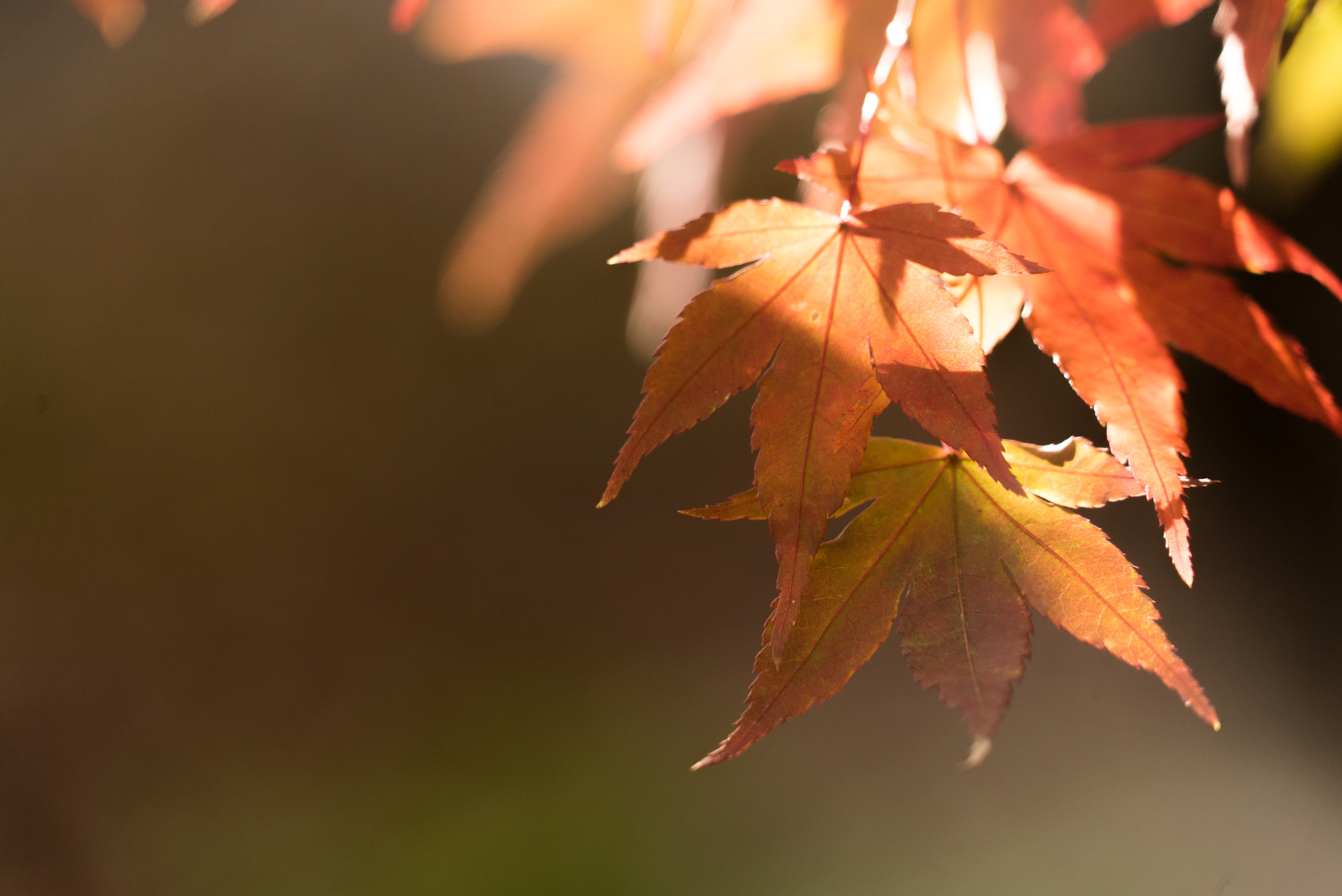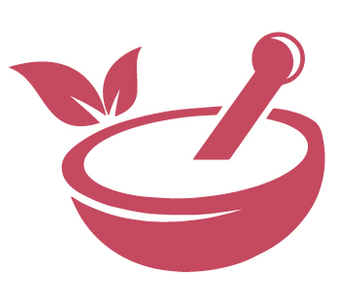Day 5: Ayurvedic Seasonal Living
Published on September 9th, 2018
The past couple of days have been so gloomy here in NJ. It has been raining constantly. Usually I get this dull headache and it just makes me want to lay in bed all day and do nothing. This literally happens every time it rains and I always wondered why rain made me feel this way.
The body is sensitive to its environment and after studying Ayurveda, it now makes perfect sense. Because we are composed of the same 5 elements (water, earth, air, fire, space) found in nature, our body is a reflection of the environment. So if it’s gloomy out, it’s natural to feel gloomy inside as well.
Food plays a huge role in our health and wellbeing but lifestyle plays just as important of a role.
Just as nature is plagued by thunderstorms and wild fires, our body is prone to the same turmoil.

Ayurveda provides us with principles on how to live in conjunction with the changing weather so that we can remain balanced despite temperature changes outdoors.
A seasonal routine is known as Ritucharya.
According to Ayurveda, there are 6 seasons (Ritus) in a year and our body needs to adapt to each season in order to maintain health. If we keep having ice cream every night and living like it’s Summer year-round, we are putting ourselves at risk for disease. Each of us is composed of a different elemental make called a Dosha and so each of us needs a customized daily routine that works best with our mind body type.
If you don’t know what your Dosha is, you can take my Dosha Quiz to find out.
Beginning an Ayurvedic lifestyle requires us to start with the basics, read my 60 minute Daily Ayurvedic Routine here.
The Daily Routine is something that should be performed daily. Once it becomes habit, It can be adjusted to fit the seasons.
Ayurveda has thought about everything from our diet to the correct times to wake up and sleep, to the most beneficial exercise types, to sleeping postures that help each Dosha type maintain balance. Ayurveda has it all covered and it’s miraculous that all of this knowledge comes from over 5000 years ago!
Our Dosha has a huge effect on our personality, our likes and dislikes, our digestion, and even the diseases we’re prone to. Ayurveda believes that “like increases like”. Let’s say I am predominantly “Pitta” and I love spicy food and eat it in the summer heat, I am further creating an imbalance within my body. This can lead to heart burn, stomach ulcers, among other diseases.
Or let’s say I run a Marathon in the Summer heat, I am putting my already “Pitta” body at risk for dehydration or a heat stroke. Hopefully this is making sense? Summer is a season governed by Pitta and as a Pitta, I need to take extra care of my body during this time by eating sweeter, astringent, cooling foods. The same goes for the other seasons as well.
When we have a Dosha imbalance, we may experience symptoms like cold extremities, dry skin, dehydration, allergies which all have the potential to turn into something more chronic if not corrected.
Let’s take a closer look at how we can live in conjunction with nature.

Late Fall into Winter:
This season is governed by Vata Dosha. The air is light, cold, mobile, and dry. Our energy is variable and our digestive fire is as well. We may feel more anxious during this time and this is when Seasonal Affective Disorder is at its peak.
Diet: Eat foods that are Vata Pacifying. Breakfast is best eaten at 8am, lunch between 11am-12pm, and dinner at 6pm. Foods should be rich, sweet, sour, and salty. Drinking hot liquids also helps.
Lifestyle: Wear warm clothes and perform warming exercises. Warming exercises include sun salutations. Avoid napping during the day as it can disturb digestion. It is best to go to sleep by 10pm and sleep on your back.
Late Winter into Spring:
This time is governed by Kapha Dosha. The energy is low because of the cold temperatures outside but our digestive fire is strong as we’re conserving all of our energy. We may notice weight gain during this time. The air is moist and heavy as spring approaches. We may experience congestion, colds, and cough due to increased moist, heavy mucus in our body.
Diet: Eat Kapha pacifying foods. These include easily digestible, bitter, pungent, and astringent foods. Avoid cold, heavy, sweet, oily Kapha aggravating foods during this time. Breakfast should be eaten by 7am, lunch by 1pm, and dinner by 7pm.
Lifestyle: Perform vigorous exercise like fast paced sun salutations. When doing Abhayanga before a warm bath, use little or no oil. Avoid napping during the day and go to sleep by 11pm. The left side is preferred while sleeping as it promotes warmth and improved digestion.
Summer into Fall:
The heat builds up during this time and so this time is governed by Pitta. The air is hot and dry. Our energy decreases, and our digestive fire is also weak. We may experience heat rashes, dehydration, and heart burn during this time.
Diet: Eat Pitta pacifying foods that are sweet, astringent, bitter, and cool. Avoid hot and spicy foods as they can aggravate Pitta. Breakfast should be eaten by 7:30am, lunch by 12pm, and dinner between 6-7pm.
Lifestyle: Stay cool and don’t over exercise. Moon salutations are great for this time of year. Walking in the moonlight is also cooling for the body. Bedtime should by between 10pm-11pm and it is recommended to sleep on the right side as it is cooling.
Ritucharya is an important part of Vedic living but what’s equally as important is Ritusandhi, or the fragile time in between seasons.
![]()
We are in that time right now, as we transition from summer into fall.
Baby V came down with the sniffles last night because the temperatures dropped from the 80s to the 50s. Our body requires extra care and attention during this delicate time between seasons because our digestive fire is fluctuant making us more prone to illness.
It is, however, the perfect time to cleanse and prepare your Ritucharya for the upcoming season. Ayurveda places a lot of importance on cleansing, detoxing, and bringing the body back to balance. Stay tuned for Honey, Ghee, and Tea’s 3 day Fall Cleanse to prepare your body to remain balanced during the crisp, cool season of Fall.
Namaste.

0 Comments